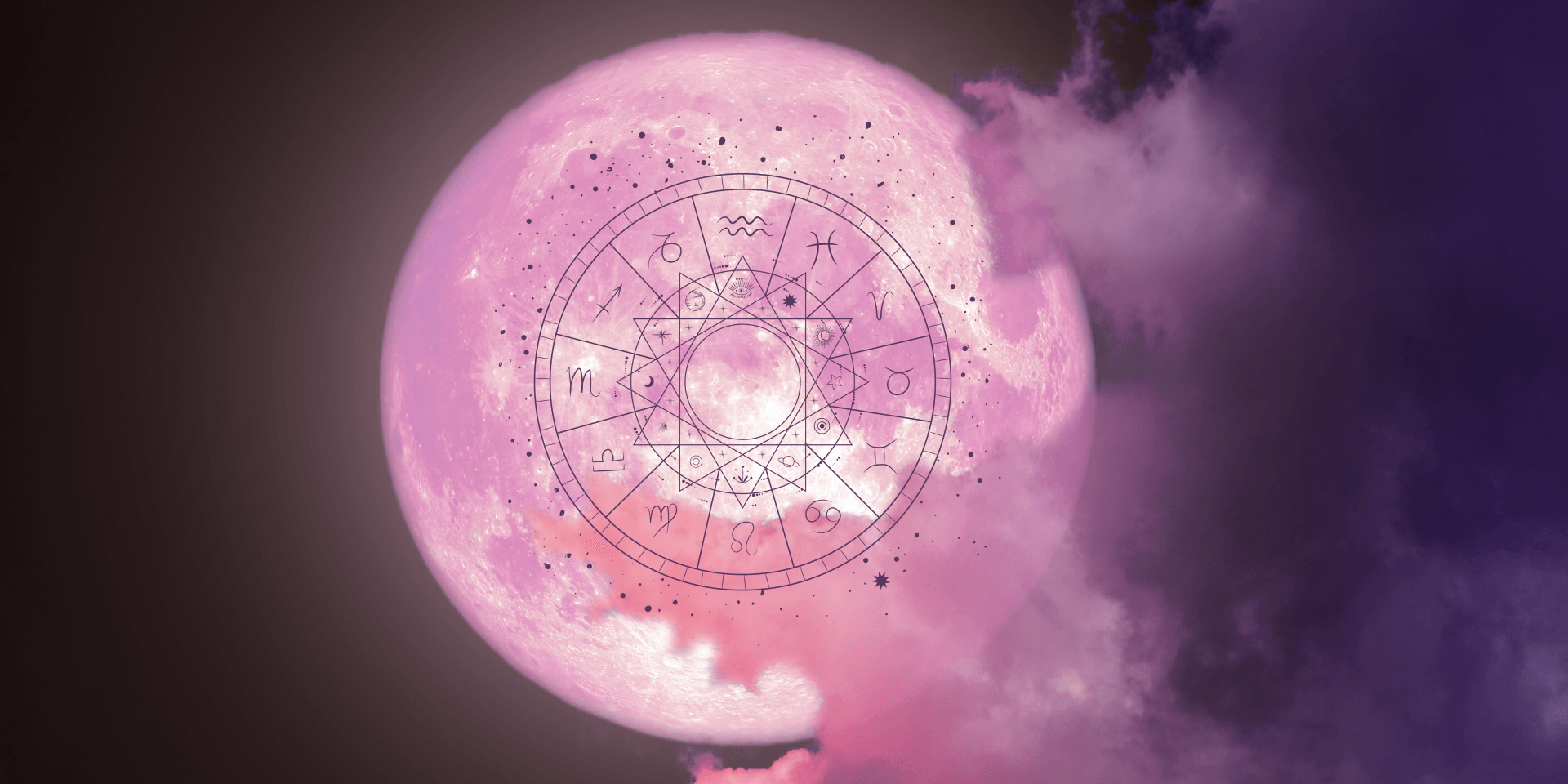Alchemy and The Quest for Immortality
Alchemy refers to a philosophical and proto-scientific tradition that originated in ancient times and evolved throughout the centuries. It encompasses a wide range of practices and theories aimed at transforming matter and understanding the nature of the universe. The term "alchemy" is derived from the Arabic word "al-kīmiyā," which itself may have been derived from the ancient Greek word "chēmeia." The exact origins and early development of alchemy are somewhat obscure, as it emerged independently in different civilizations, including ancient Egypt, Hellenistic Greece, and medieval Europe.
Alchemy stands for the transmutation of base metals into noble metals, particularly the transformation of lead into gold. This aspect of alchemy, known as the "transmutational" or "material" goal, captivated the imaginations of many practitioners and laypeople alike. However, it is important to note that alchemists were not solely concerned with material wealth but saw the transmutation process as a metaphor for spiritual and personal transformation.
The discovery of the Philosopher's Stone and the Elixir of Life made Alchemists believe that by finding or creating these legendary substances, they could achieve immortality and acquire spiritual enlightenment. The Philosopher's Stone was considered the key to transmuting base metals into gold, while the Elixir of Life was thought to grant eternal youth and vitality.
In addition to these goals, alchemy encompassed a wide range of theories and practices, which varied across different cultures and periods. Alchemists developed intricate symbolic systems and mystical language to describe their ideas and experiments. They conducted laboratory experiments, seeking to purify and transform substances through processes like distillation, calcination, and fermentation.
Alchemy involved a combination of experimental practices, laboratory work, and theoretical speculations. Alchemists developed intricate symbolic systems, mystical language, and elaborate laboratory apparatus to describe their ideas and experiments. They explored various chemical processes, such as distillation, calcination, and fermentation, seeking to purify and transform substances.
Throughout history, alchemy made significant contributions to the development of modern science. Although alchemists did not achieve their sought-after goals of transmutation or immortality, their experimental practices laid the foundation for modern chemistry. Many laboratory techniques and apparatus used in alchemy, such as distillation and sublimation, are still employed in chemical laboratories today.
Furthermore, alchemy had a profound impact on philosophical and spiritual traditions. It influenced and intertwined with various schools of thought, such as Hermeticism, Neoplatonism, and Gnosticism. Alchemical ideas and symbols continue to fascinate scholars interested in the historical, cultural, and esoteric aspects of human knowledge.
In summary, alchemy is a multifaceted discipline that blends elements of philosophy, spirituality, and experimentation. It encompasses the pursuit of transmutation and material wealth, as well as the quest for spiritual and personal transformation. Alchemy played a crucial role in the development of early scientific inquiry and continues to captivate individuals interested in the interplay between matter, spirit, and self-realization.
Sexual alchemy is a term that combines the concepts of alchemy and sexuality. It refers to a symbolic and metaphorical interpretation of sexual experiences and energies within the framework of alchemical philosophy.
In traditional alchemy, the transmutation of base metals into gold was seen as a metaphor for spiritual transformation and enlightenment. Similarly, sexual alchemy employs the symbolism and language of alchemy to describe the process of personal and spiritual growth through sexual experiences.
Sexual alchemy encompasses the idea that sexual energy can be harnessed, refined, and elevated to serve higher purposes beyond physical pleasure. It suggests that through conscious and intentional engagement with sexual energy, individuals can undergo personal transformation and spiritual awakening.
The practice of sexual alchemy often involves techniques and rituals aimed at cultivating sexual energy and directing it towards spiritual and personal development. These practices may include meditation, breathwork, visualization, and various forms of tantric or sacred sexuality.
In the context of sexual alchemy, sexual energy is viewed as a potent life force that can be used to awaken and balance the body, mind, and spirit. It is believed to have the potential to facilitate deep connections, enhance intimacy, and expand consciousness.
It is important to note that sexual alchemy is primarily a metaphorical and symbolic interpretation of sexuality within the framework of alchemical philosophy. It does not involve the literal transformation of physical substances or the pursuit of material gains, as was often sought in traditional alchemy. Sexual alchemy can be seen as an esoteric or mystical approach to sexuality, and its practice varies among different spiritual and philosophical traditions. It is often associated with concepts and teachings from disciplines such as Tantra, Taoism, and Western esotericism.
Sexual transmutation, another expression for sexual alchemy, is a concept that originated in the teachings of the early 20th-century philosopher and author Napoleon Hill. It refers to the practice of redirecting and harnessing sexual energy for personal and creative purposes, rather than simply indulging in sexual desires.
According to Hill, sexual energy is one of the most powerful and fundamental forces in human beings. He believed that individuals who could master and channel this energy could significantly enhance their mental, physical, and creative abilities. Instead of dissipating this energy through purely sexual activities, Hill suggested that it could be sublimated and transformed into higher forms of energy and productivity.
The idea of sexual transmutation does not involve suppressing or repressing sexual desires but rather consciously redirecting and utilizing that energy towards productive and creative pursuits. By practicing self-discipline and focusing on constructive endeavors, individuals can tap into the abundant energy generated by their sexual drive and use it to fuel their ambitions, goals, and personal growth.
Hill argued that sexual transmutation could lead to increased creativity, heightened mental clarity, enhanced physical vitality, and overall success in various aspects of life. He believed that individuals who mastered sexual transmutation could develop a greater capacity for concentration, creative thinking, and attracting opportunities and resources.
Taoist sexuality refers to the practices and beliefs surrounding sexuality within the framework of Taoism, an ancient Chinese philosophical and spiritual tradition. In Taoism, sexuality is seen as an integral part of human life and a potent source of energy that can be harnessed for physical, emotional, and spiritual well-being.
Central to Taoist sexuality is the concept of Yin and Yang, representing the complementary and interconnected forces in the universe. Within the context of sexuality, Yin is associated with the receptive and nurturing qualities, while Yang represents the active and assertive aspects. Balancing and harmonizing these energies is considered crucial for optimal health and vitality.
Taoist sexual practices aim to cultivate and circulate sexual energy, known as "Jing," throughout the body, rather than dissipating it through ejaculation or other forms of release. This is believed to preserve and enhance one's vital essence, leading to physical rejuvenation, emotional balance, and spiritual development.
Some key practices and principles within Taoist sexuality include:
Cultivating sexual energy: Taoist practitioners emphasize techniques such as breath control, meditation, and specific physical exercises to cultivate and amplify sexual energy. This energy is then circulated throughout the body to nourish various organs and systems.
Sexual continence: Taoist teachings encourage the conservation of sexual energy by avoiding or minimizing ejaculation. By practicing ejaculation control, individuals aim to maintain the vitality and creative potential associated with sexual energy.
Orgasmic energy cultivation: Taoist practitioners focus on experiencing full-body or multiple orgasms without ejaculation. This is believed to enable the transformation and transmutation of sexual energy, leading to heightened pleasure and spiritual expansion.
Harmonizing Yin and Yang: Taoist sexuality emphasizes the integration and harmonization of Yin and Yang energies. This involves exploring the balance between active and passive roles, cultivating both receptive and assertive qualities within oneself and one's sexual relationships.
Emotional and spiritual connection: Taoist teachings emphasize the importance of deep emotional connection and intimacy in sexual relationships. Sexual practices are seen as an opportunity to cultivate love, compassion, and spiritual union with one's partner.
It's important to note that Taoist sexuality is a complex and nuanced subject with various interpretations and practices. Different lineages, teachers, and practitioners may have different approaches and techniques within the broader framework of Taoist sexual teachings, yet they are all an integral practice to work towards alchemy - and the quest for immortality.
Life Coaching Essence BLOG






